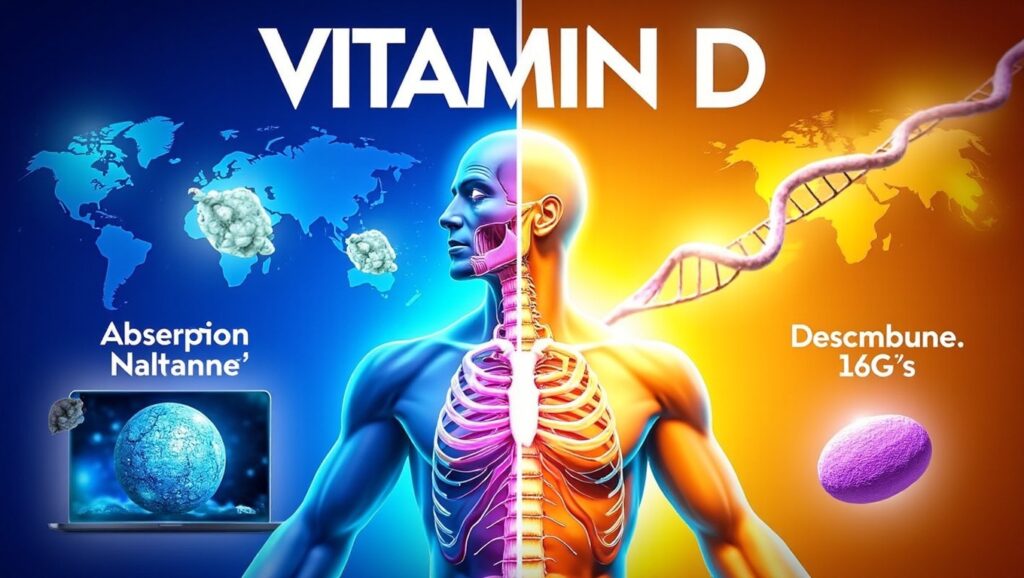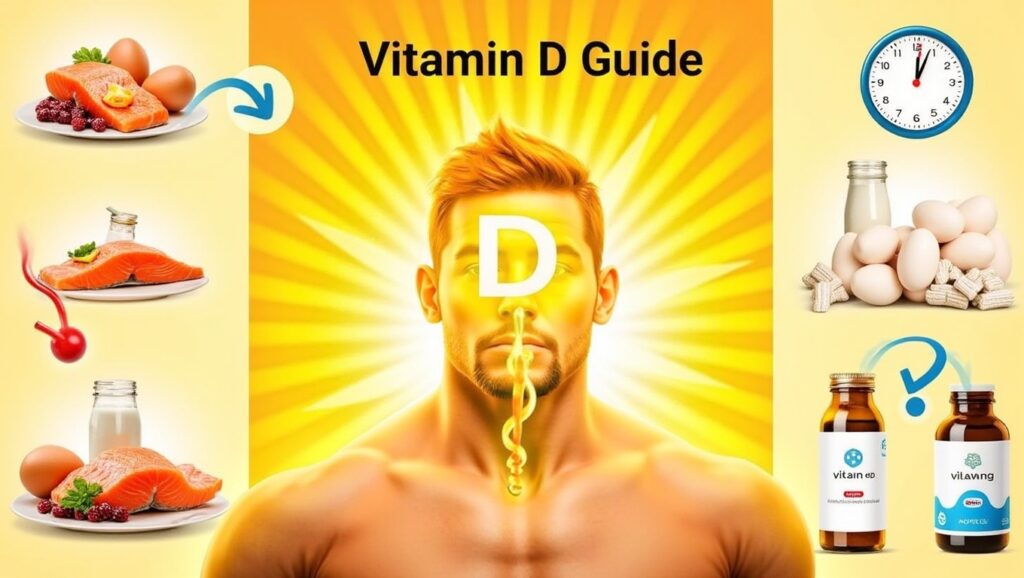Understanding Vitamin D’s Importance
Vitamin D plays a crucial role in maintaining bone health, immune function, and overall well-being. Despite its significance, vitamin D inadequacy is widespread, affecting millions globally. Understanding which groups are most at risk is essential for improving public health strategies and individual well-being.

Older Adults: A High-Risk Population
As we age, our skin’s ability to synthesize vitamin D from sunlight diminishes. Older adults often spend less time outdoors and may have diets lacking in vitamin D-rich foods. This combination makes them particularly vulnerable to deficiencies, increasing their risk of osteoporosis and fractures.
Individuals with Limited Sunlight Exposure
People who work indoors, live in northern latitudes, or wear clothing that covers most of their skin are at risk of vitamin D inadequacy. Sunlight exposure is a primary source of vitamin D, and limited access can lead to deficiencies, even in otherwise healthy individuals.
Darker Skin and Vitamin D Levels
Melanin in darker skin reduces the skin’s ability to produce vitamin D from sunlight. Studies have shown that individuals with darker skin tones often have lower vitamin D levels, particularly in regions with limited sunlight, putting them at higher risk of deficiency-related health issues.
Chronic Illnesses and Malabsorption
Conditions such as Crohn’s disease, celiac disease, and liver disorders can impair vitamin D absorption. These individuals may struggle to maintain adequate levels despite dietary intake or sunlight exposure, highlighting the need for medical monitoring and supplementation.
Obesity and Vitamin D Deficiency
Research suggests that individuals with higher body fat percentages may have lower circulating levels of vitamin D. The vitamin may become sequestered in fat tissues, reducing its bioavailability. Addressing weight-related challenges can also improve vitamin D levels and overall health.
Practical Tips for Boosting Vitamin D Levels
To maintain optimal vitamin D levels, individuals can:
- Spend 10–30 minutes in sunlight several times a week, depending on skin tone and location.
- Include foods rich in vitamin D, such as fatty fish, egg yolks, and fortified products, in their diets.
- Consider vitamin D supplements, particularly for high-risk groups, under medical guidance.
Introducing Mitolyn: A Holistic Approach
For those on a journey to better health, Mitolyn offers innovative solutions. As a science-backed weight-loss supplement, it complements efforts to manage health holistically. Explore more at Mitolyn to support your wellness goals effectively.

Final Thoughts: Proactive Health Choices
Understanding the risks of vitamin D inadequacy empowers individuals to take proactive steps toward better health. By identifying vulnerable groups and adopting practical strategies, we can minimize deficiencies and foster healthier communities. Start today—your health depends on it!
See this interesting article about: The Hidden Dangers of Excessive Vitamin D Intake

